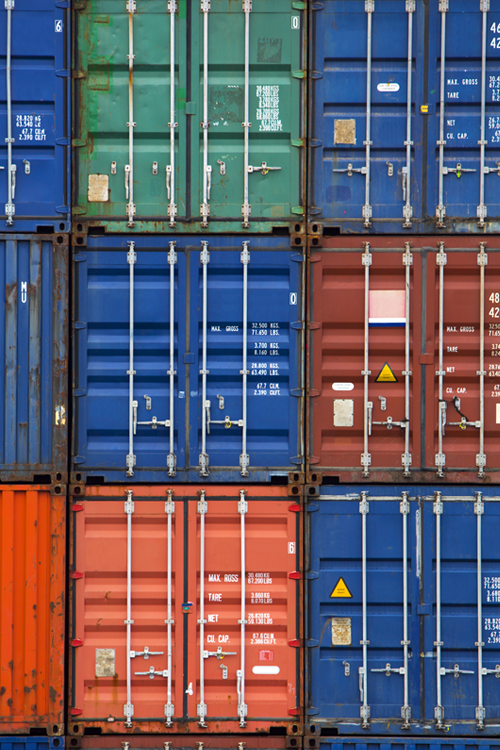In this claim for loss of cargo en route from Canada to Europe, the defendant forwarder Traffic-Tech International brought a motion for preliminary determination of the question of applicability of the Hague-Visby Rules and their damage limitation provisions.
Facts:
The plaintiff engaged the defendant forwarder to arrange the carriage of one piece of machinery plus spare parts weighing XXXX and with a commercial value of €71,706.00 from British Colombia, Canada, to the Netherlands. The cargo was in fact loaded onto the “Cap Jackson” under a Traffic-Tech bill of lading. This BL did not indicate that the cargo was to be carried on deck, while the container was in fact so carried.
The container was lost during the voyage, never arrived at Rotterdam, and the plaintiff claimed for total loss. It was agreed that the commercial nature and value of the goods had not been formally declared. The Hague-Visby Rules are incorporated into the law of Canada by the Marine Liability Act.
Issues:
Article I(c) of the Rules provides that goods “which by the contract of carriage is stated as being carried on deck and is so carried” are excluded from coverage.
Traffic-Tech argued that the goods were not stated by contract as being carried on deck, and the actual carriage of the goods on deck is not sufficient by itself to establish the exclusion, and that therefore Traffic-Tech was entitled to limit its damages to 666.67 units of account per package or 2 units of account per kg, whichever was greater, in accordance with Art IV(5)(a).
The shipper argued that additional measures are required to ensure safe carriage of on-deck goods, and therefore the issuance of a clean bill of lading without an on-deck notation implies the goods are to be carried under the deck. Further, shipper argued that the exclusion must apply to goods carried on deck, whether or not so declared on the bill of lading, because to require declaration and actual carriage on deck would reward the carrier for failing in its obligation to note on-deck carriage. Since the cargo should be excluded from the Hague Visby limitations, Traffic Tech should not be permitted to limit its liability under the convention but should be liable for damages under the common law (e.g., unlimited).
Decision:
The Court found that the “and” requirement of the Rules was clear, requiring both that cargo be declared on deck and actually so carried in order to create an exception to the rules.
While the Court considered certain US authorities that suggest that “unauthorized on deck carriage” without declaration of on -deck carriage in the contract, amounted to a fundamental breach that excluded reliance of the breaching party on their limiting terms, it preferred the more recent view of the England and Wales Court of Appeal in “The Kapitan Petko Voivoda”, which held that undisclosed on-deck carriage is a normal breach of contract that does not exclude the operation of the Hague-Visby Rules.
Further, the Court found the limitation on damages apply “in any event”, or “in every case”, and in French “sont applicables à toute action contre le transporteur…”, subject only to the exception at Art IV(4) for damage caused with intent or recklessly. Without evidence of intent or recklessness, the failure to note on-deck carriage was a mere breach of contract for which Traffic-Tech could be liable but in respect of which it had every right to limit its liability under the Hague-Visby Rules.
Accordingly, the court ordered that the defendant forwarder was entitled to limit its liability for loss or damage to cargo to 666.67 units of account per package or 2 units of account per kg, and ordered costs of the motion payable by the plaintiff.
Ref:
De Wolf Maritime Safety B.V. v. Traffic-Tech International Inc. 2017 FC 23



